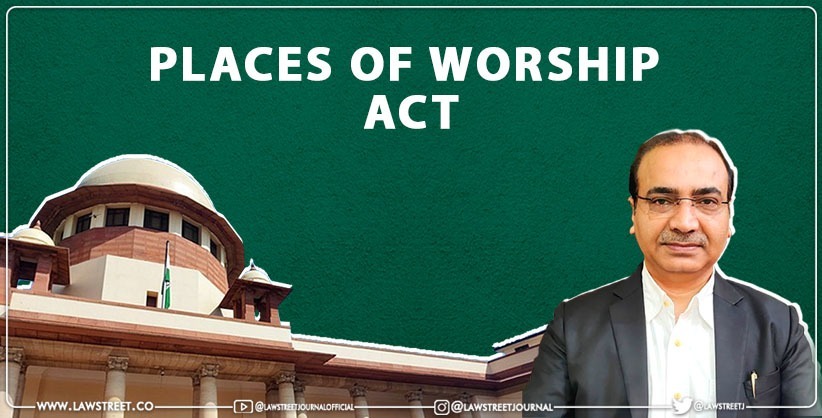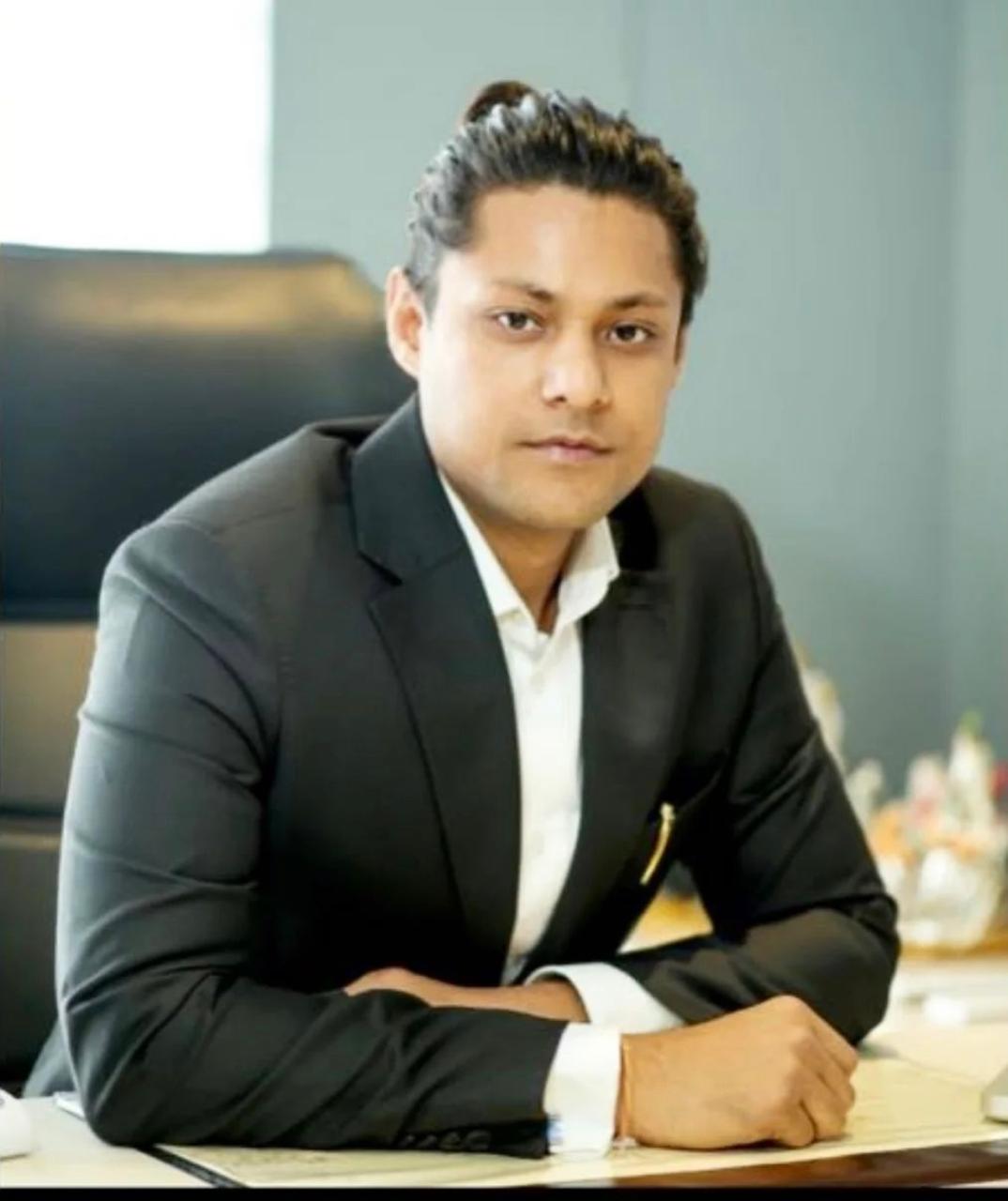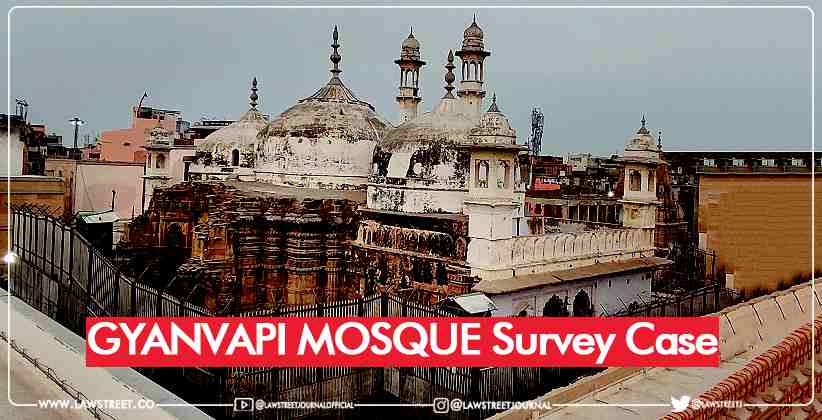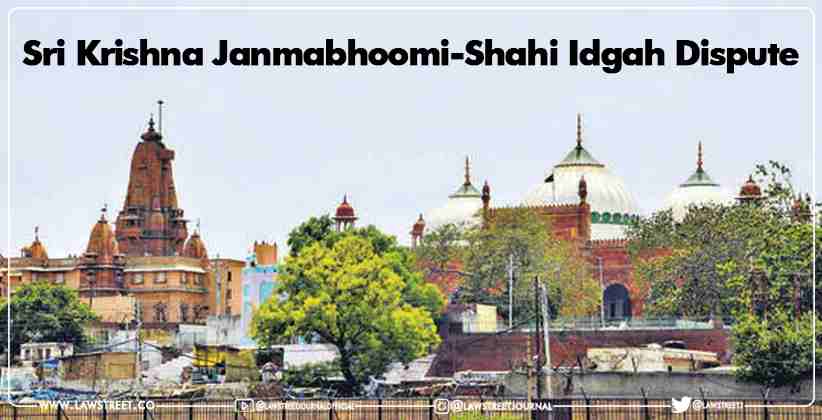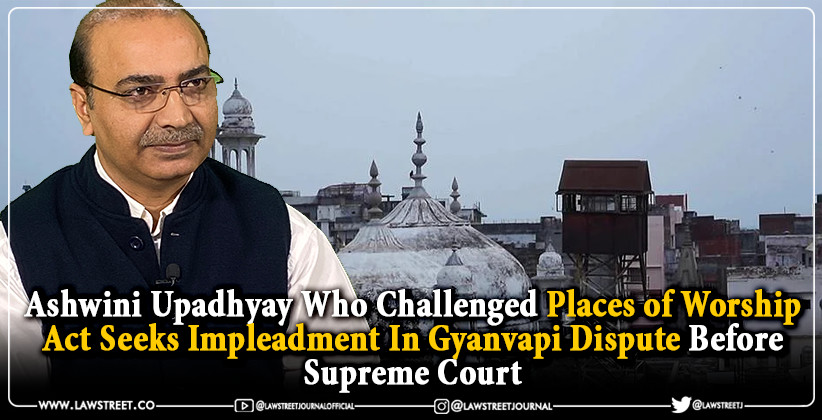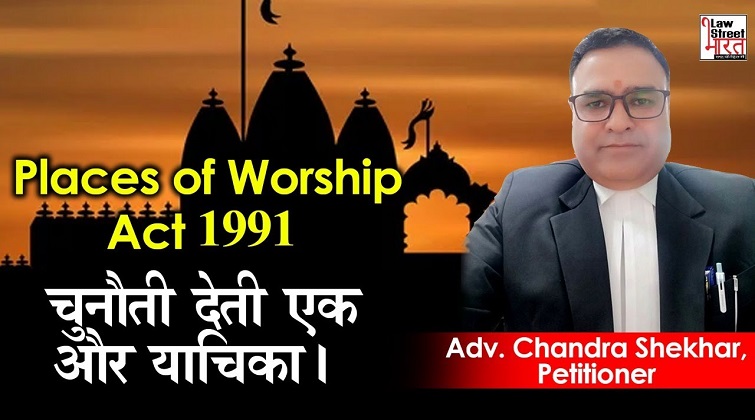NEW DELHI: More than one year after the Supreme Court's notice, the Union government represented by Solicitor General Tushar Mehta on Friday undertook before the top court to clarify its stand on pleas against the Place of Worship (Special Provisions) Act, 1991.
A bench of Chief Justice U U Lalit and Justices S Ravindra Bhat and P S Narasimha gave two weeks time to the Centre to file its reply to the PIL filed by BJP leader and advocate Ashwini Kumar Upadhyay.
The court asked Mehta that notice was issued in the matter on March 12, 2021, if the government intended to file its response or not.
Mehta, on this, said he undertook to file the response.
The court also issued notice in all other petitions, including intervention applications, and fixed the matter for consideration on October 11.
Senior, appearing for Upadhyay, asked the court to refer the matter to the Constitution bench.
The court said the matter would first be examined by a three-judge bench.
Dwivedi also opposed a plea by BJP leader Subramanian Swamy, who filed a separate petition for reading down the 1991 law, saying it could be considered only when the court found that the law is valid and cannot be struck down as unconstitutional.
Advocate J Sai Deepak argued for Kumari Krishna Priya, the daughter of Kashi Naresh Vibhuti Narayan Singh, and others who filed an intervention application. He said the law is violative of Article 14 as it put worshippers of one God (Lord Ram) on higher footing than the other people, who worshipped Lord Shiva (Kashi Vishwanath, Varanasi).
Advocate Vishnu Shankar Jain also appeared for one of the petitioners.
The court fixed the matter for October 11 for "stock management and house keeping" of the cases.
Advocate Ejaz Maqbool represented the Jamiat Ulama-I-Hind which filed an intervention application. AIMPLB also filed a similar plea. He said the Ayodhya case judgement of 2019 by the five-judge bench had dealt with the issue but Diwvedi and other counsel contested him, saying it was an obiter dicta only.
The law had put a bar on seeking a legal recourse to reclaim religious structures, except Ram Temple-Babri Mosque site, which were demolished or occupied by people of other faiths. It had mandated for maintaining the status quo as prevailed on August 15, 1947.

